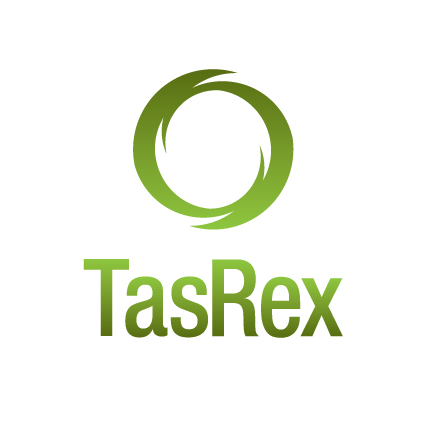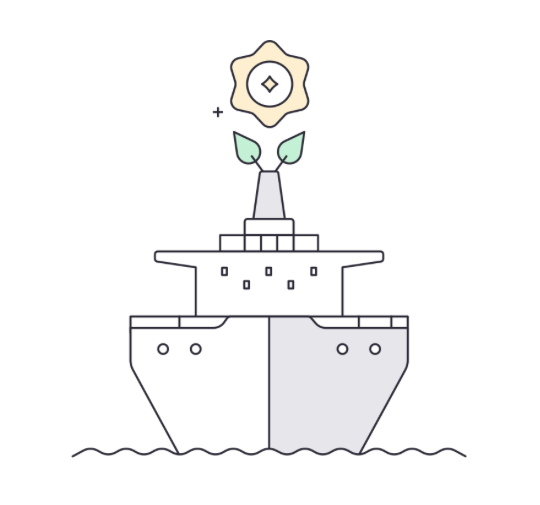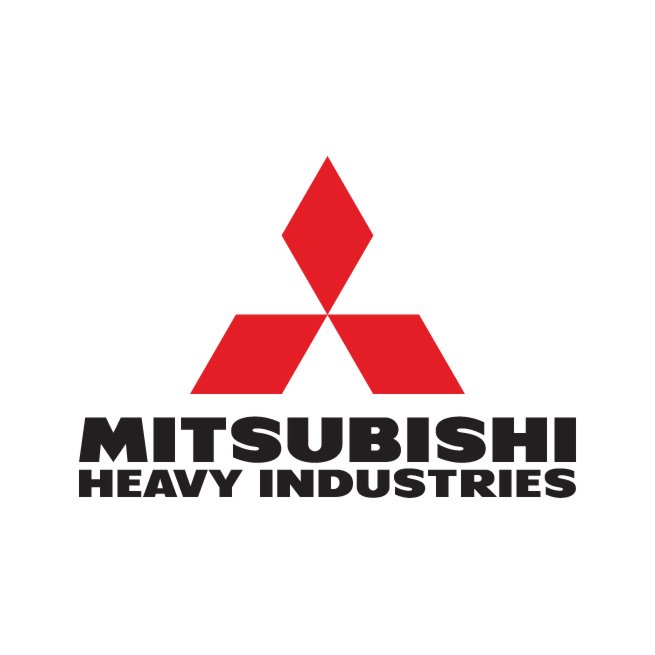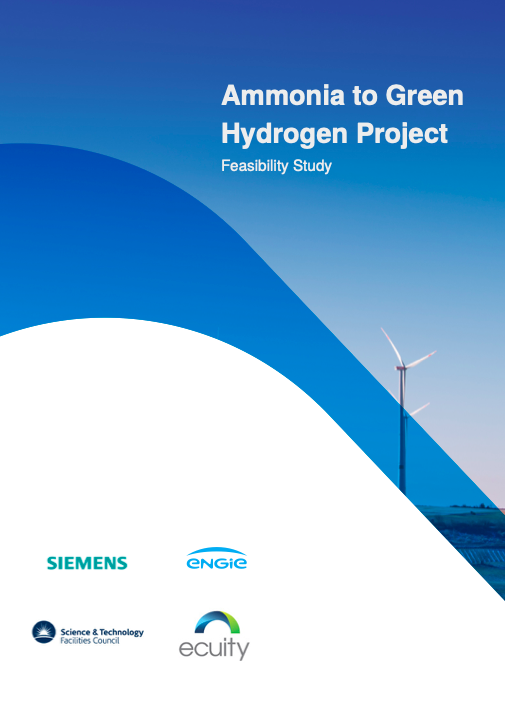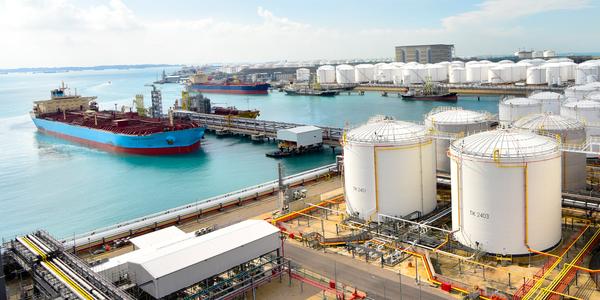Content by Author
Maersk and partners launch Center for Zero Carbon Shipping
This morning, the Mærsk Mc-Kinney Møller Center for Zero Carbon Shipping was announced. Launched with a “start-up donation” of DKK 400 million (USD 60 million) from the A.P. Møller Foundation, this new research institute intends “to develop new fuel types and technologies,” to decarbonize the maritime sector. Behind the Center for Zero Carbon Shipping is a significant industrial consortium with seven founding members (actively seeking additional partners): ABS, A.P. Moller – Maersk, Cargill, MAN Energy Solutions, Mitsubishi Heavy Industries, NYK Lines, and Siemens Energy.
Engie, Siemens, Ecuity, and STFC publish Feasibility of Ammonia-to-Hydrogen
The UK’s Department for Business, Energy and Industrial Strategy (BEIS) recently published the feasibility study for its Ammonia to Green Hydrogen Project. This studies the techno-economic feasibility of importing green ammonia in order to supply large volumes of high-purity low-carbon hydrogen in the UK. The project has been designed and delivered by a heavyweight consortium of ENGIE, Siemens, Ecuity Consulting, and the UK’s STFC. The feasibility study, which is publicly available, represents the conclusion of Phase One of this project. Phase Two is demonstration: “to raise the TRL of a lithium imide based ammonia cracker from 4 to 6/7,” meaning that the technology is ready for deployment.
Vopak joins Itochu on feasibility of ammonia fueling at Port of Singapore
Last week, Itochu Corporation announced an agreement with Vopak, the oil and chemical storage tank and terminal operator, "to jointly study the feasibility of developing an infrastructure" at Vopak's Banyan Terminal, leading to the "establishment of supply chain of ammonia marine fuel in Singapore."
